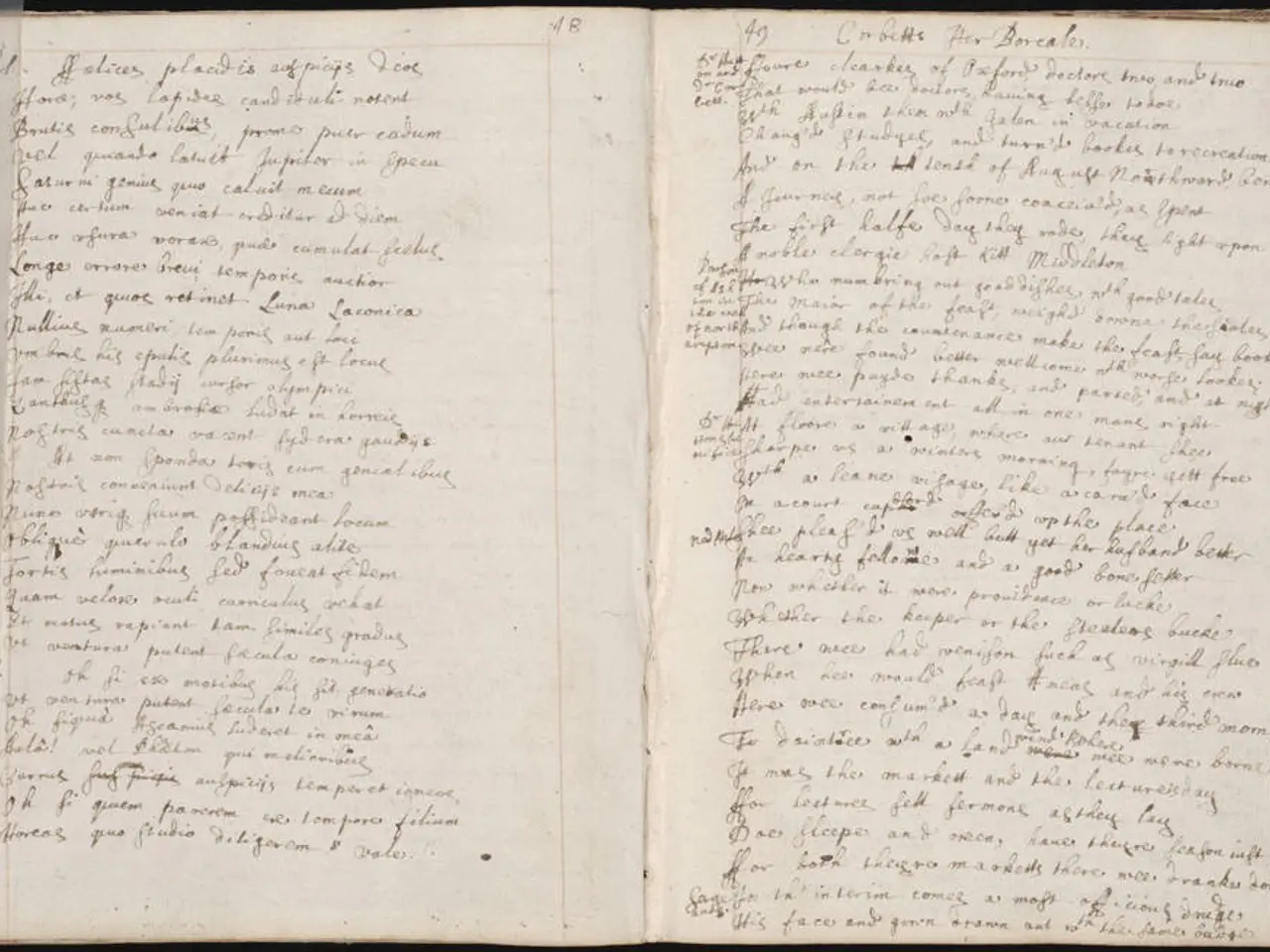Human Possesses Predictive Abilities; Cultivating Intuition is Key
In a groundbreaking research by Professor Tatiana Kornilova, the concept of "sparks" and "abilities" has emerged as more significant than "naked intelligence" in predicting future events. This finding aligns with the results of an experiment conducted by American psychologist Philip Tetlock, where participants were categorized as "hedgehogs" and "foxes". The "fox" strategy, characterized by flexibility of thought, attention to detail, and the ability to revise one's own opinion, proved to be more effective in predicting the future.
High IQ individuals excel at spotting patterns, analyzing information deeply, and reasoning logically. This analytical prowess, supported by extensive research, is linked to better prediction of outcomes and future events due to their ability to reason through complex information and past experiences.
However, it's intuition that adds an emotional and experiential dimension to the equation. People with well-developed intuition can sense shifts in tone, feelings, or subtle clues that rational analysis alone might miss, thereby enhancing predictive accuracy, especially in social or dynamic contexts.
Moreover, individuals with a high degree of intrapersonal intelligence (knowing themselves deeply) can prepare ahead and adjust their predictions and behaviors with greater precision, blending rational foresight with intuitive understanding. The cultivation of intelligence and intuition, through maintaining curiosity, engaging in experiential learning, and combining exploration with reflection, significantly improves real-time prediction and decision-making.
In essence, high IQ provides the cognitive tools for structured, logical prediction, while intuition offers quick, holistic insight. This synergy typically boosts one's future event forecasting skills across various domains.
For those interested in testing their intuition, try playing the game "Guess the Consequence". Pay attention to people in public places, try to guess what a person will do next based on their behavior. Evaluate the accuracy of your predictions.
It's important to note that intuition is often confused with anxiety. Some physicists believe that renowned prophets like Nostradamus and Baba Vanga didn't guess, they knew, and try to justify their belief through quantum mechanics postulates. Intuition is usually felt as a quiet, confident impulse, often guiding with statements such as "better not to go" or "call him now".
In conclusion, the combination of high IQ and strong intuition generally enhances a person's ability to predict future events. However, it's crucial to remember that IQ does not measure creativity, emotional intelligence, physical intelligence, artistic sensibility, or moral maturity. Intuition develops through experience, reflection, observation, development of emotional intelligence, and slowing down thought. Women, on average, are better at reading non-verbal signals and are more empathetic, which creates the effect of stronger intuition.
Interestingly, AI, despite its advanced data analysis capabilities, lacks intuition. It analyses data, finds patterns, and makes conclusions, but it does not possess the ability to quickly process non-obvious patterns or rely on experience and unconscious cognitive processes, as humans do.





